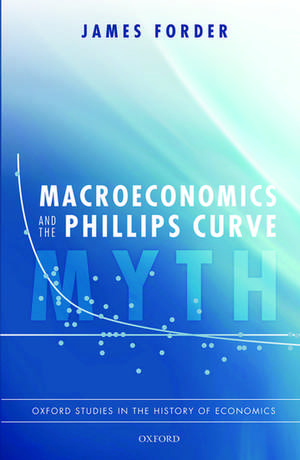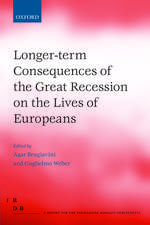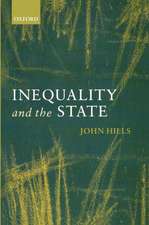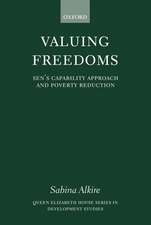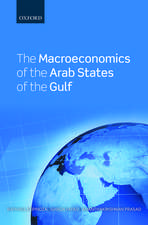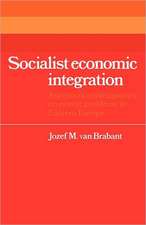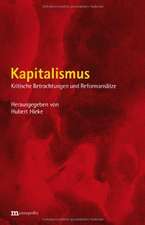Macroeconomics and the Phillips Curve Myth: Oxford Studies in History of Economics
Autor James Forderen Limba Engleză Hardback – 9 oct 2014
Preț: 702.67 lei
Preț vechi: 944.51 lei
-26% Nou
Puncte Express: 1054
Preț estimativ în valută:
134.50€ • 146.14$ • 113.05£
134.50€ • 146.14$ • 113.05£
Carte tipărită la comandă
Livrare economică 09-15 aprilie
Preluare comenzi: 021 569.72.76
Specificații
ISBN-13: 9780199683659
ISBN-10: 0199683654
Pagini: 318
Dimensiuni: 162 x 241 x 23 mm
Greutate: 0.63 kg
Editura: OUP OXFORD
Colecția OUP Oxford
Seria Oxford Studies in History of Economics
Locul publicării:Oxford, United Kingdom
ISBN-10: 0199683654
Pagini: 318
Dimensiuni: 162 x 241 x 23 mm
Greutate: 0.63 kg
Editura: OUP OXFORD
Colecția OUP Oxford
Seria Oxford Studies in History of Economics
Locul publicării:Oxford, United Kingdom
Recenzii
This highly original book overturns decades of wrong thinking about the history of one of the central concepts in modern macroeconomics and provides an excellent starting point for rethinking the history of macroeconomics since the Second World War.
Over the last few years, James Forder has made a name for himself among historians of economics by writing a string of papers re-examining the Phillips curve literature...a brilliant and beautifully written essay, and a stimulating read. Its authors cleverness shines through on every page. Its scholarship is impeccable.
...the book is also a call to arms. A bogus story about Keynesian fools and Friedmanite heroes has long lent rhetorical support to the counter-revolution in macroeconomics.
After Forder's book no fair-minded observer will be able again to assert that the common story of the Phillips curve is what really happened. It is rare that a historical question is so decisively settled.
James Forder successfully convinces the reader of many points, which indeed should force the current state of the inflation-unemployment literature to treat the formation of the story more carefully ... Forder does an excellent job of highlighting Phillips' key contributions.
Over the last few years, James Forder has made a name for himself among historians of economics by writing a string of papers re-examining the Phillips curve literature...a brilliant and beautifully written essay, and a stimulating read. Its authors cleverness shines through on every page. Its scholarship is impeccable.
...the book is also a call to arms. A bogus story about Keynesian fools and Friedmanite heroes has long lent rhetorical support to the counter-revolution in macroeconomics.
After Forder's book no fair-minded observer will be able again to assert that the common story of the Phillips curve is what really happened. It is rare that a historical question is so decisively settled.
James Forder successfully convinces the reader of many points, which indeed should force the current state of the inflation-unemployment literature to treat the formation of the story more carefully ... Forder does an excellent job of highlighting Phillips' key contributions.
Notă biografică
James Forder has been a senior teaching member of Oxford University since 1993 and is Tutor in Political Economy at Balliol College Oxford, where he is also Vice Master. He has previously taught at La Sorbonne and for Stanford University, and is Managing Editor of Oxford Economic Papers. He has previously researched on European integration and the economics of central bank independence. He was Senior Tutor of the Oxford University Business Economic Programme, and a member of the Council of Business for Sterling, in the days of the debate over British membership of the euro.
